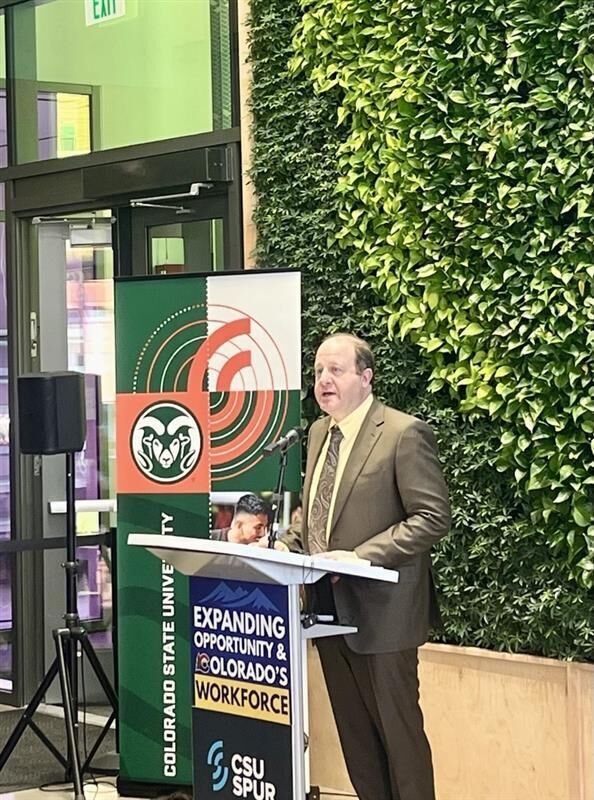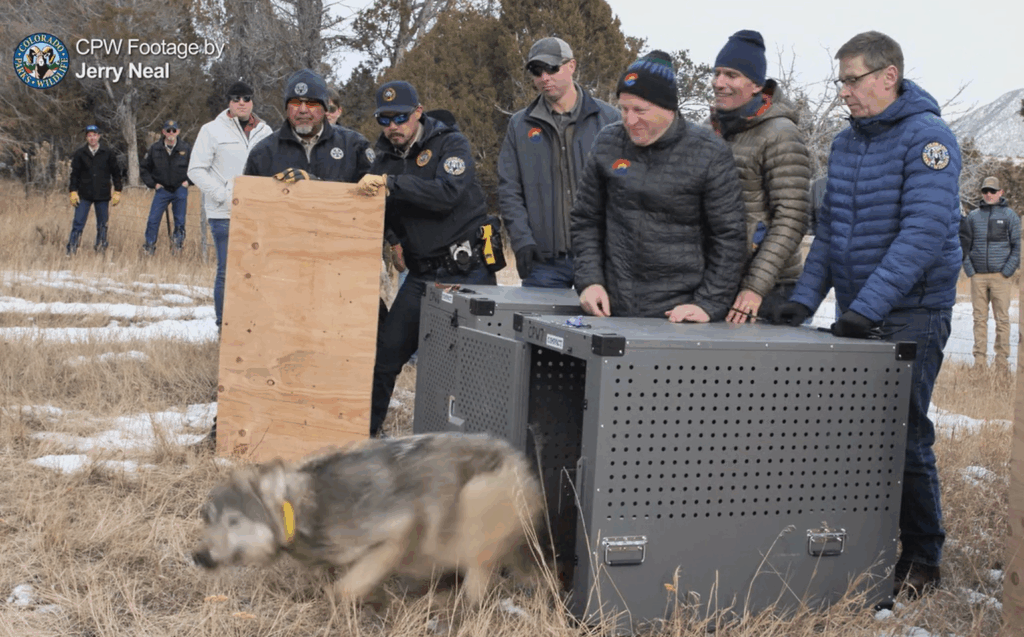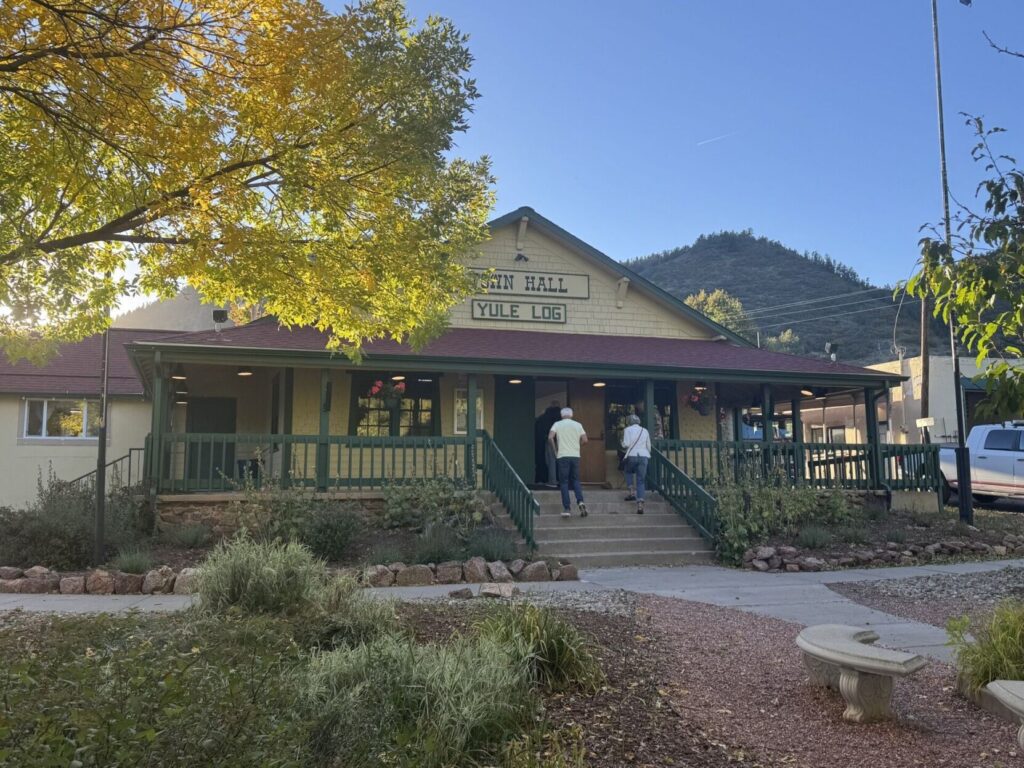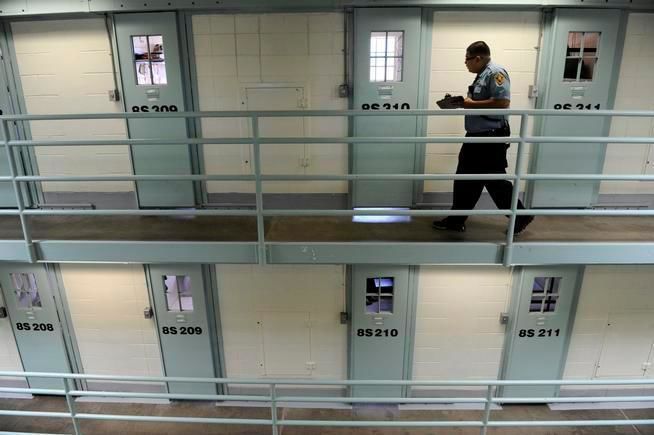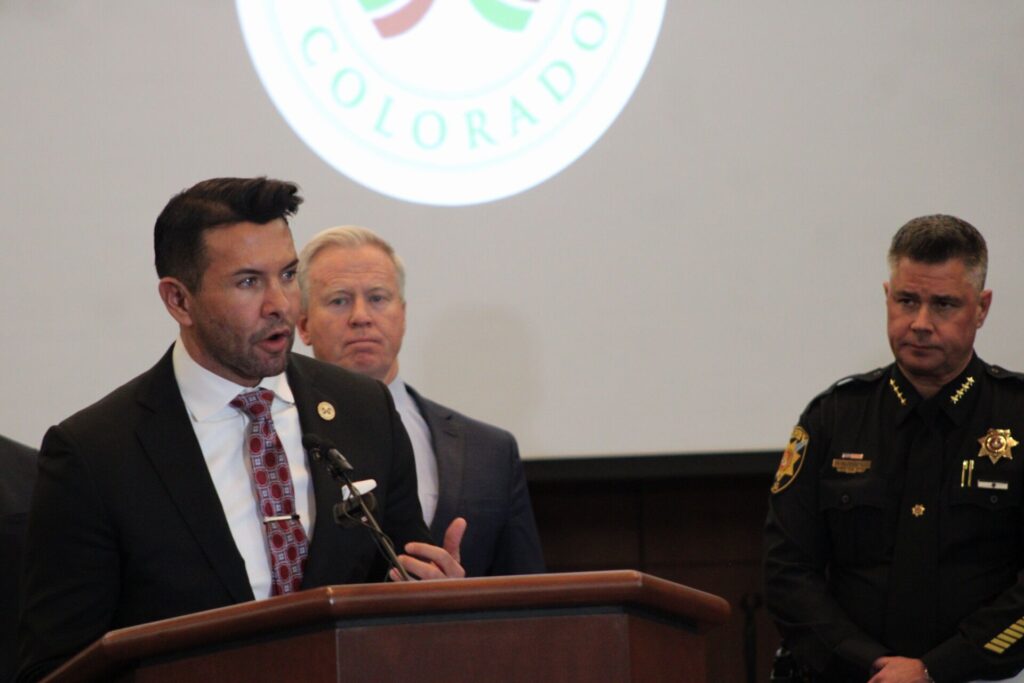Thousands of underground utility industry professionals to meet in Colorado
The request is straightforward: Call before digging.
Yet each day on average in Colorado, digging damages underground utilities, such as power, water, internet, natural gas, and other utility lines 38 times, according to the Common Ground Alliance, a national group that represents professionals in the underground utility industry.
In 2022, Colorado saw 14,113 incidents of damage to underground utilities, the group said.
It’s not cheap.
Nationwide, the cost to damage to underground utilities stands at about $30 billion each year, said the group, which is holding its annual conference at The Broadmoor in Colorado Springs. The CGA Conference and Expo, which organizers said is the largest of its kind in the country, is expected to draw more than 1,000 professionals.
The conference will showcase panels, seminars, exhibits and the latest “revolutionary technology” for damage prevention, organizers said, adding former NASA astronaut Mike Mullane, a retired colonel of the U.S. Air Force, will be the keynote speaker.
The conference is timed for the National Safe Digging Month precisely because it’s when spring digging typically begins. The problem is more than half of homeowners plan to dig without calling 811, believing “shallow digging” doesn’t require it, according to polling from Common Ground Alliance.
“Spring weather brings more digging projects, for homeowners and professionals alike. To keep our communities connected to water, electricity, gas and communications lines, everyone needs to contact 811 a few days before beginning an excavation project — whether it’s gardening or major construction,” CGA President and CEO Sarah K. Magruder Lyle said in a news release. “Utility lines can be buried just inches below the surface. Everyone must contact 811 before every digging project.”
Local and federal officials have echoed the call.
Last month, the Colorado Public Utilities Commission warned that digging without knowing the approximate location of underground utilities could result in serious injury or death, disruption in services, and, notably, costly fines and repairs.
That warning applies to putting in a fence or a mailbox, the state regulatory agency said.
Calling before digging is particularly important given the huge investment in infrastructure across America, according to a federal official.
In the news release, Tristan Brown, the deputy administrator of the Pipeline and Hazardous Materials Safety Administration of U.S. Department of Transportation, said more than $1 trillion in new infrastructure is breaking ground in the country; hence, contacting 811 before digging has “never been more important.”
“Before starting excavation work, homeowners, contractors, and landscaping professionals should always remember to contact 811 – every dig, every time,” Brown said.
The problems aren’t new — in Colorado or elsewhere in the country.
In 2016, the federal pipeline and hazardous materials safety administration conducted an adequacy evaluation of Colorado’s enforcement of its law that aims to prevent excavation damages and determined that enforcement was inadequate.
Two years later, lawmakers enacted a law that created the Underground Damage Prevention Safety Commission, which had been tasked with making recommendations on best practices and training, enhancing public safety and improving efficiency and cost savings to the 811 program.
The Common Ground Alliance said a few precautions would go a long way.
Notably, days before a dig, homeowners should contact 811 or visit www.811beforeyoudig.com.
Plan ahead, the group said, by making a free 811 request on a Monday or a Tuesday for any work planned for the upcoming weekend. That gives people ample time for approximate locations of lines to be marked.
People should confirm that “all lines” have been marked and consider moving a project if it’s near a utility line marking,
In addition, homeowners should confirm that a contractor has contacted 811 — and not green light a project if the lines aren’t marked.


